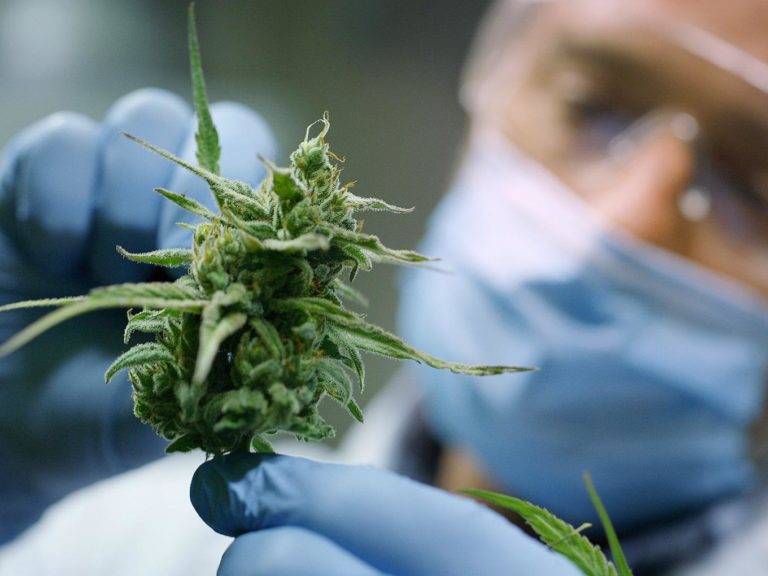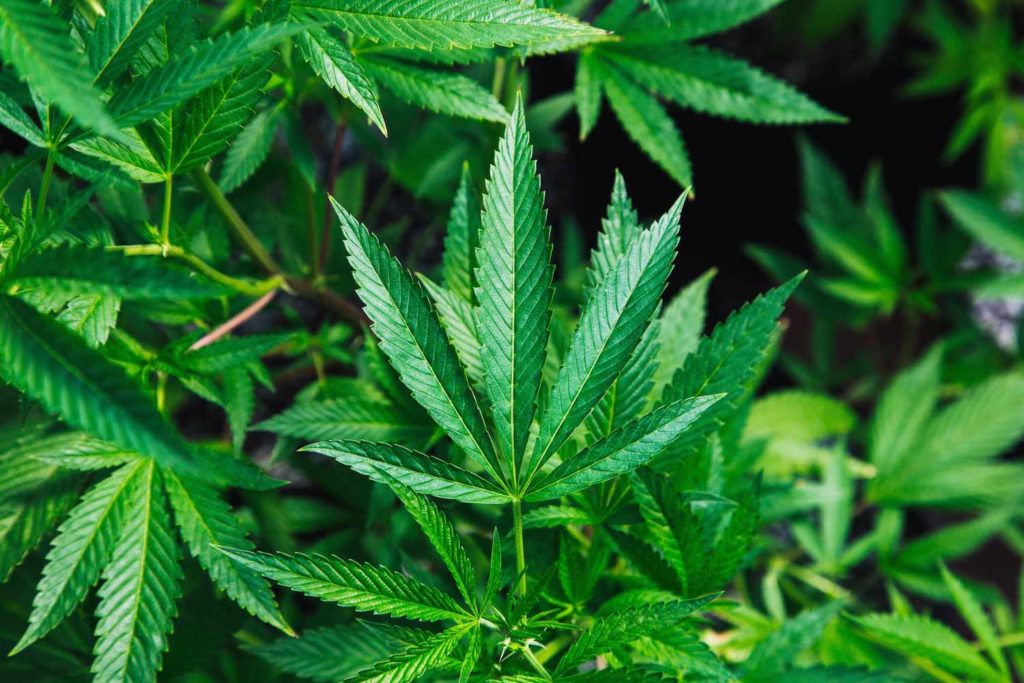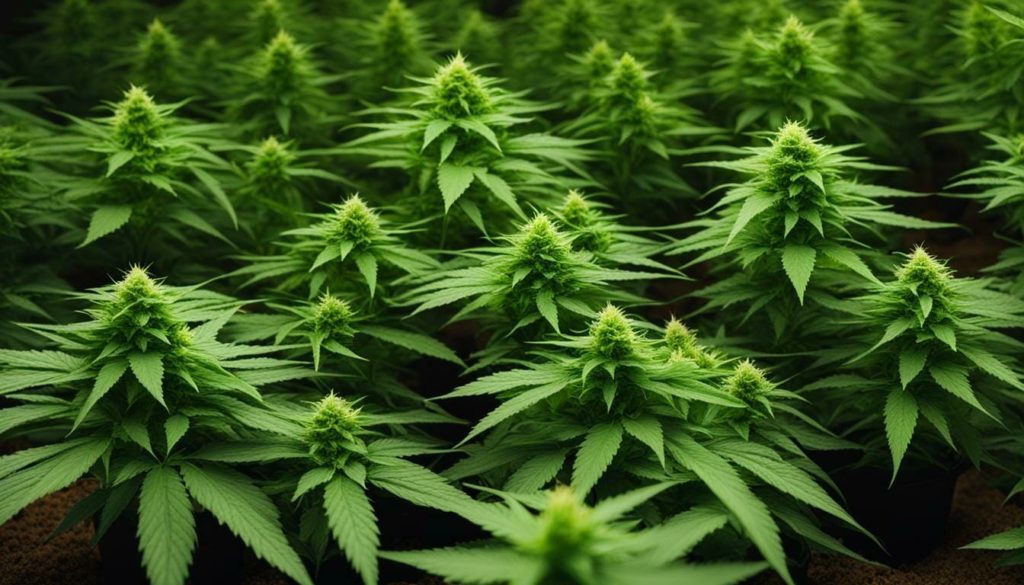- General
- Updated on December 26, 2024
The Future of CBD Legalization in India: Opportunities and Challenges

The conversation around the legalization of CBD (cannabidiol) in India is gaining momentum. As the world begins to understand the therapeutic benefits of this compound derived from the cannabis plant, India finds itself at a crossroads. Should CBD be legalized for medical purposes, and if so, what would this mean for the country?
What is CBD?

CBD is a non-psychoactive compound found in cannabis plants. Unlike THC (tetrahydrocannabinol), which is known for its psychoactive effects, CBD does not induce a “high.” Instead, it is widely recognized for its potential health benefits, including pain relief, reduction of anxiety, and anti-inflammatory properties. Recent advancements in extraction technology have also allowed for more precise formulations, making CBD accessible in various forms such as oils, capsules, and topical applications.
Where is CBD Legal Around the World?
CBD has gained widespread acceptance in several countries, particularly for its medicinal applications. Each nation has adopted unique legal frameworks and regulations to manage the production, distribution, and consumption of CBD products. Here are six nations leading the charge:
- Canada: Canada legalized cannabis, including CBD, for both medical and recreational use in 2018 under the Cannabis Act. The law establishes clear guidelines for production, sale, and possession, ensuring consumer safety and product quality through Health Canada’s oversight.
- United States: In the U.S., the Farm Bill of 2018 legalized hemp-derived CBD with less than 0.3% THC at the federal level. However, regulations vary by state. States like Colorado and California have developed comprehensive frameworks for the sale of CBD, including labeling and testing standards.
- Germany: CBD is legal in Germany for medical use and requires a prescription. The country’s Narcotics Act and subsequent amendments regulate its usage, with a focus on pharmaceutical-grade products. Health insurance often covers the cost of CBD-based treatments, reflecting the country’s supportive stance on medicinal cannabis.
- Australia: Australia permits the use of CBD for medical purposes with a prescription under the Therapeutic Goods Administration (TGA). In 2021, the TGA downgraded low-dose CBD to over-the-counter status, allowing easier access while maintaining safety through strict quality standards.
- United Kingdom: The UK allows CBD products with less than 0.2% THC, provided they are marketed as food supplements and not medical treatments. Medicinal CBD products like Epidiolex are strictly regulated and require licensing through the Medicines and Healthcare products Regulatory Agency (MHRA).
- Switzerland: Switzerland’s policies permit the sale of CBD with THC levels below 1%. The country is a pioneer in CBD innovation, with regulations that focus on quality assurance and consumer safety. Producers must adhere to strict labeling and testing requirements to maintain market trust.
These legal frameworks provide valuable insights for India, offering examples of how to balance innovation, safety, and public acceptance when shaping its own CBD policies.
- Canada: Canada legalized cannabis, including CBD, for both medical and recreational use in 2018. Products like CBD oil are widely available and regulated.
- United States: While federal law still classifies cannabis as illegal, many states have legalized CBD, especially for medical purposes. For example, states like California and Colorado have robust markets for CBD products.
- Germany: Germany allows the medical use of cannabis and CBD under strict regulations. The country’s healthcare system even covers some cannabis-based treatments.
- Australia: CBD is legal with a prescription for medical use. The Australian government has recently streamlined the approval process to increase accessibility.
- United Kingdom: The UK permits CBD products, provided they meet certain THC limits. CBD-based medications like Epidiolex are also approved for specific medical conditions.
- Switzerland: CBD is legal and widely used, with products containing less than 1% THC freely available. Switzerland’s lenient policies have made it a hub for CBD innovation.
These countries provide valuable case studies for India to consider as it evaluates its own policies. In addition, other nations like Israel and New Zealand have also begun exploring the medicinal potential of CBD, signaling a global shift toward acceptance.
CBD in India: Current Legal Status
In India, the use of CBD is a gray area. While the NDPS Act of 1985 prohibits the recreational use of cannabis, certain cannabis-derived products, including those with low THC content, are allowed under the Drugs and Cosmetics Act for medicinal purposes. However, there is no clear regulatory framework, leaving both sellers and consumers in a state of confusion. Initiatives like the AYUSH Ministry’s exploration of cannabis-based Ayurvedic medicines indicate a growing interest in its medicinal potential.
The Potential Benefits of CBD
Numerous studies and anecdotal evidence highlight the therapeutic potential of CBD. Here are some of its most well-documented benefits:
- Pain Management: CBD has been shown to relieve chronic pain by interacting with the body’s endocannabinoid system. This could be a game-changer for patients with conditions like arthritis or fibromyalgia.
- Anxiety and Depression: Preliminary research suggests that CBD can help alleviate symptoms of anxiety and depression without the side effects of traditional medications. A 2019 study found that 300 mg of CBD significantly reduced anxiety during public speaking.
- Epilepsy: The FDA-approved drug Epidiolex, which contains CBD, has been effective in treating rare forms of epilepsy such as Dravet syndrome and Lennox-Gastaut syndrome.
- Skin Health: CBD’s anti-inflammatory properties make it beneficial for conditions like acne and psoriasis. Products like CBD-infused creams and balms are gaining popularity in global skincare markets.
- Neuroprotective Benefits: Research indicates potential benefits in treating neurodegenerative diseases like Alzheimer’s, Parkinson’s, and multiple sclerosis.
- Cancer Treatment Support: Some studies suggest that CBD may help alleviate chemotherapy-induced nausea and vomiting, improving the quality of life for cancer patients.
Should India Legalize CBD for Medical Use?

India has a rich history of cannabis use, with references in ancient texts like the Atharva Veda. However, modern regulations have largely criminalized its use. Legalizing CBD, especially for medical purposes, could open doors to numerous benefits:
- Economic Growth: The global CBD market is projected to reach $20 billion by 2024. India could become a significant player, given its agricultural capacity and expertise in pharmaceuticals.
- Healthcare Advancements: CBD-based treatments could offer affordable solutions for chronic illnesses, particularly in rural areas where healthcare access is limited.
- Scientific Research: Legalization would encourage more research, potentially uncovering new medical applications and fostering innovation.
Are There CBD Sellers in India?
While the market is nascent, a few companies have started selling CBD products online, targeting health-conscious consumers. Brands like BOHECO (Bombay Hemp Company) and Hempstrol offer CBD oils and other hemp-based products. However, these businesses operate in a legal gray zone and often face regulatory hurdles.
For those looking for CBD oil in Canada, companies like CBD Magic offer a variety of high-quality products that adhere to stringent regulations. India could learn from such models to establish its own standards and ensure consumer safety.
The Challenges of Legalization
- Regulatory Hurdles: Establishing a framework that distinguishes between medical and recreational use will be crucial. This includes defining permissible THC levels and licensing requirements.
- Public Perception: There is still a stigma associated with cannabis, which could hinder acceptance. Public awareness campaigns would be essential to educate people about the differences between CBD and recreational cannabis.
- Quality Control: Ensuring that products meet safety standards will be essential to gaining consumer trust. This includes third-party testing and transparent labeling.
- Law Enforcement Training: Police and regulatory bodies would need to be trained to differentiate between legal CBD products and illegal cannabis substances.
Engaging the Public
Public opinion on CBD legalization in India varies widely, with surveys showing a mix of curiosity and caution. A 2023 study conducted across urban and rural areas revealed that nearly 60% of respondents supported CBD legalization for medical purposes, provided strict regulations are in place. Meanwhile, 25% expressed concerns over potential misuse, and 15% remained undecided due to a lack of information.
Would you support the legalization of CBD for medical purposes in India? Share your thoughts in the comments below and let us know how you view this issue. Your perspective matters in shaping a balanced public discourse. Legalization is not just about laws; it’s about changing perceptions and educating people on the benefits and risks involved. Furthermore, how do you see India balancing its historical association with cannabis and modern scientific advancements?
Read Also : Top Heritage Trains of India
Conclusion
CBD legalization in India could mark a significant step forward in healthcare and economic development. By learning from countries like Canada and leveraging its own strengths, India can create a balanced approach that benefits all stakeholders. With its agricultural potential and growing interest in natural remedies, India could even position itself as a global leader in the CBD market.
As discussions around CBD gain momentum, now is the time for India to take informed and decisive action. With proper regulation and education, CBD could become a valuable addition to the country’s healthcare arsenal, benefiting millions of people while driving economic growth.
Join the discussion
Related Articles
No results available
ResetTrending Articles


- General
- Updated on February 10, 2026


- General
- Updated on February 14, 2026


- General
- Updated on February 7, 2026


- General
- Updated on February 5, 2026


- General
- Updated on February 2, 2026


- General
- Updated on January 29, 2026


- General
- Updated on January 24, 2026


- General
- Updated on January 28, 2026


- General
- Updated on January 28, 2026


- General
- Updated on January 21, 2026
No results available
Reset


